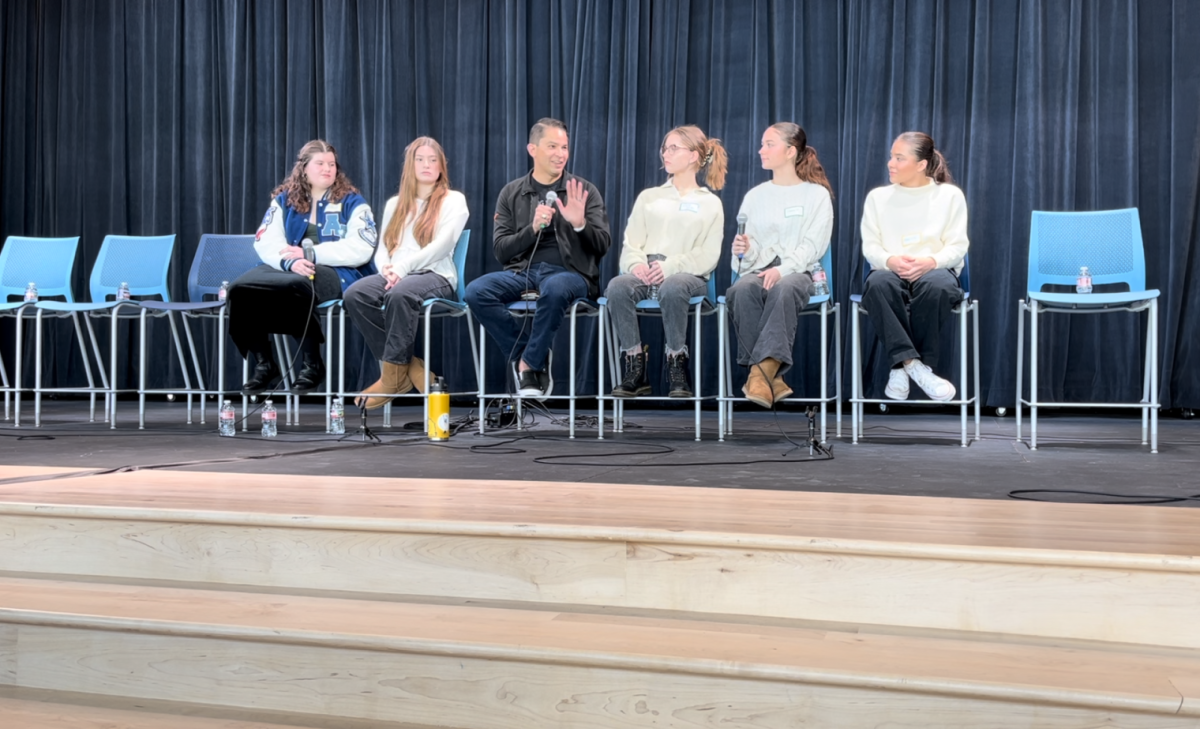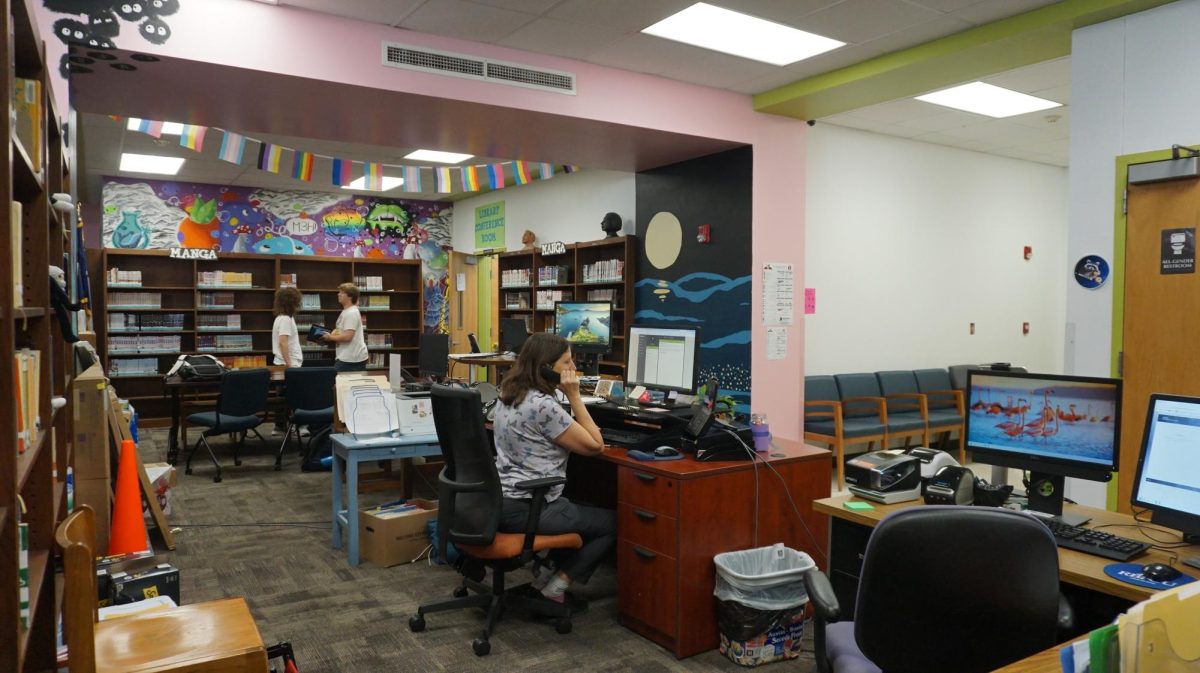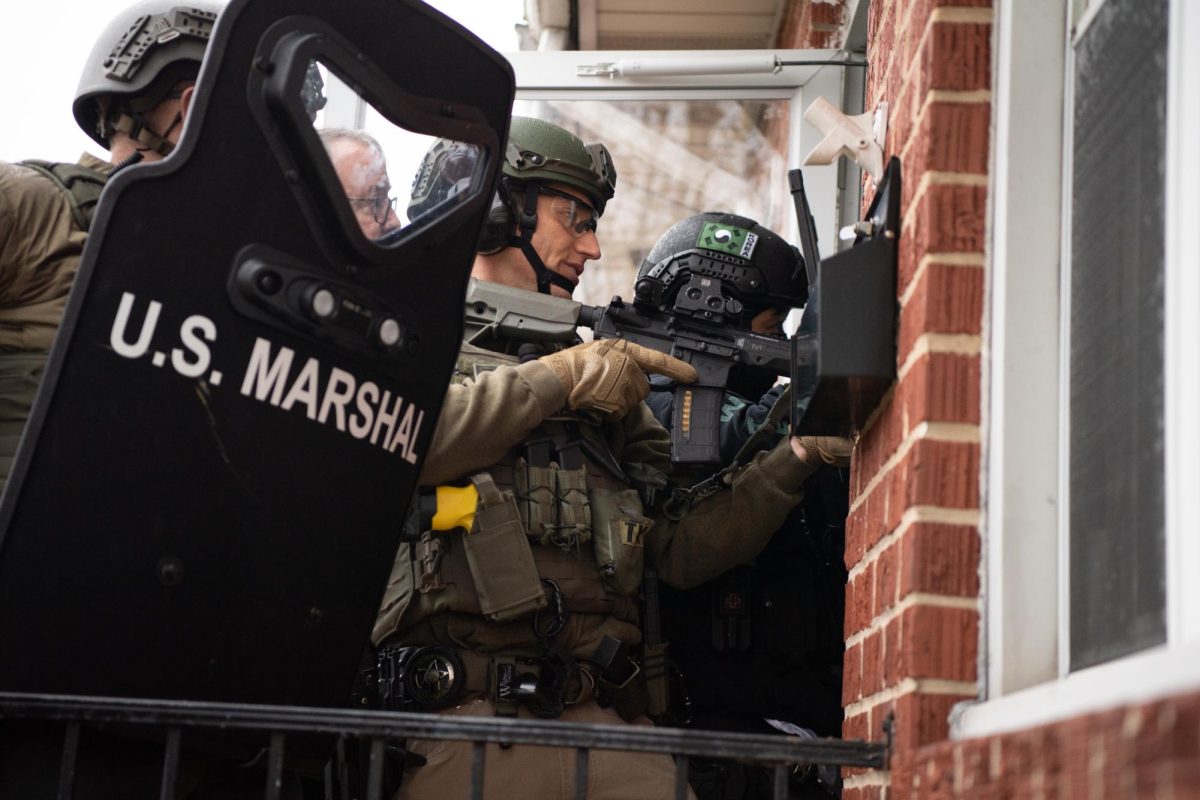Last spring, AISD and the special education department came under supervisions of the Texas Education Agency for over a thousand backlogged evaluations due to short staffing issues in the department. AISD successfully advocated for an alternate plan that installed monitors, instead of conservators from the TEA with the condition of providing monthly reports about the district’s progress and milestones laid out by the TEA Corrective Action Plan. Superintendent Matias Segura said in February 2023, only 23 of the 70 positions needed for evaluations were filled.
AISD said in a recent press release on Feb 13. that the district had cleared the entire backlog of evaluations.
Segura told the Shield in an interview on Jan. 23 that AISD is continuing to work to fill positions.
“We haven’t been able to fill all those positions,” Segura said. “So now as we work with the board for the spring semester, the question becomes what other thing are we going to do to get to where we are fully staffed and able to support all of our students.”
According to the TEA, approximately 13% of AISD students require special education services.
Special education science teacher, Margaret Smith, said that up-to-date evaluations for students are very important.
“What evaluations do is tell us what students need,” Smith said. “They tell us what’s going on with their learning differences or their emotions. … If teachers don’t have that current information, then we don’t know enough about our kids.”
Special education teacher Richard Salazar said that the department has not fully recovered from the pandemic.
“I still think we’re feeling the effects [of COVID] and still trying to bounce back,” Salazar said.
Assistant principal Tami Ballard described the plan of action for tackling the remaining evaluations. One solution is to use external sources for recruiting evaluators. Ballard said that the evaluators have been working almost six days a week as well as through the summer to cut through the evaluations.
“I think we’ve hired some wonderful people, and we’re pretty well staffed, and they’re working as hard as they can,” Ballard said. “We all have areas of growth that we can grow in and really just keep up with best practices.”
Ballard explained another component of the new monitoring plan: McCallum staff are taking extra courses to better accommodate special education students.
View this post on Instagram
“They are taking classes outside the school day, learning about how they can support special education,” Ballard said. “What I love about it is it’s really best practices for all kids.”
Smith also stressed the large benefit for general education teachers and staff across the district and McCallum specifically.
“I do feel like they have come in and provided training and resources and support for general education teachers that have really helped them understand what we are doing in the special education department,” Smith said.
Salazar, however, expressed frustration with the TEA monitoring.
“I feel like a lot of us are feeling extremely frustrated,” Salazar said. “We’re second-guessing ourselves, We’re under a microscope. We’re having to pay for what was a downtown issue, not necessarily a school-level issue.”
In early June of last summer, the TEA officially took over Houston Independent School District and appointed a new superintendent and board due to low graduation rates and test scores. Many parents and staff were anxious that TEA supervision of the department was the first step in full state takeover of the Austin school district. Despite the failed inspection of the district, Smith expressed the continuous determination of staff at McCallum in the face hardships during and after the pandemic.
“One of the reasons I love working at McCallum, and I’ve stayed here for 16 years is because, in my experience, when a student needs help, we give it to them,” Smith said. “We don’t wait for a kid to fall through the cracks before we get them some help here.”
Ballard expressed the same sentiment.
“I think our staff here at McCallum does a great job of serving all students,” Ballard said. “Our special education teachers do a fabulous job of balancing everything that they do.”








